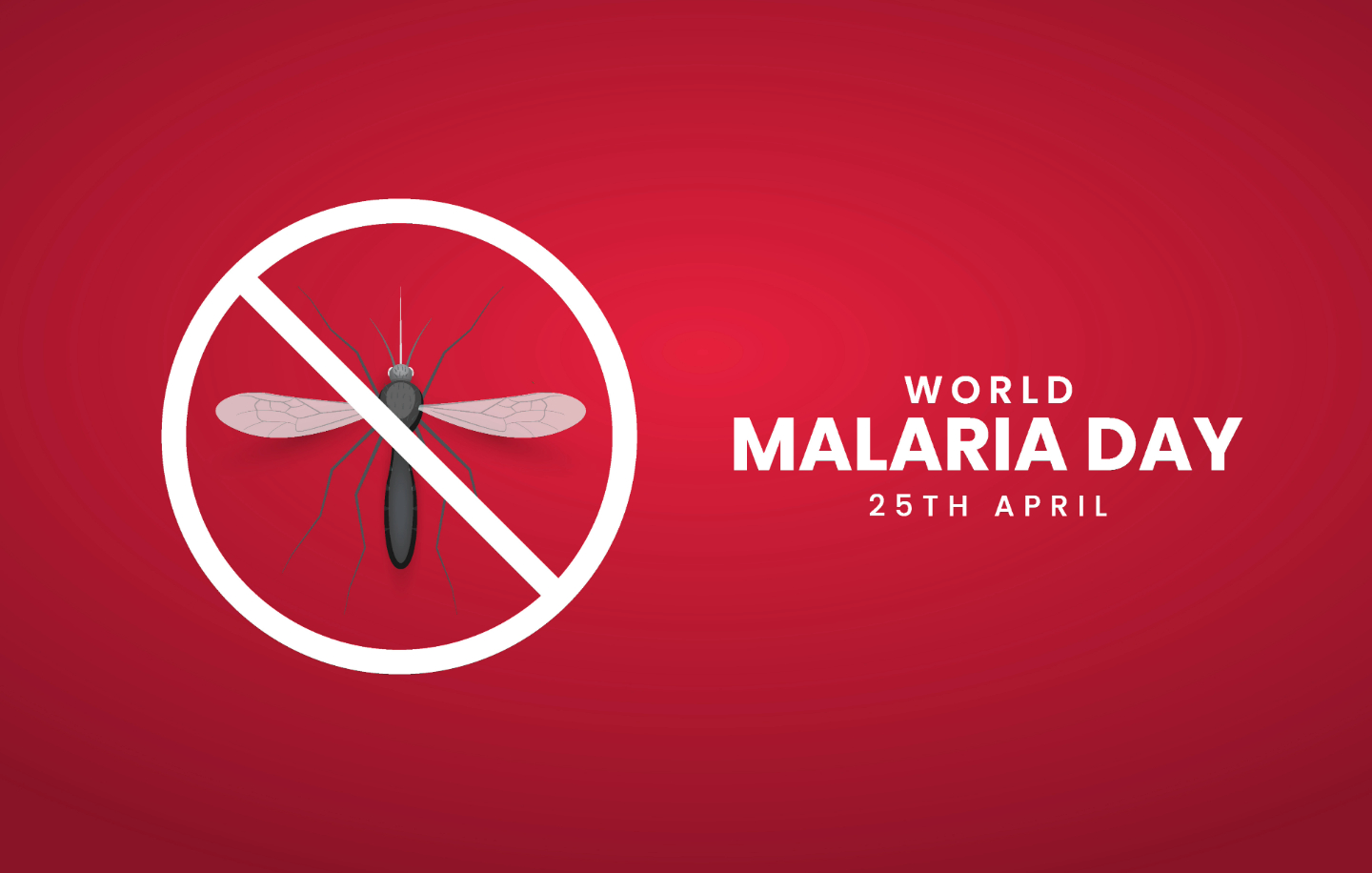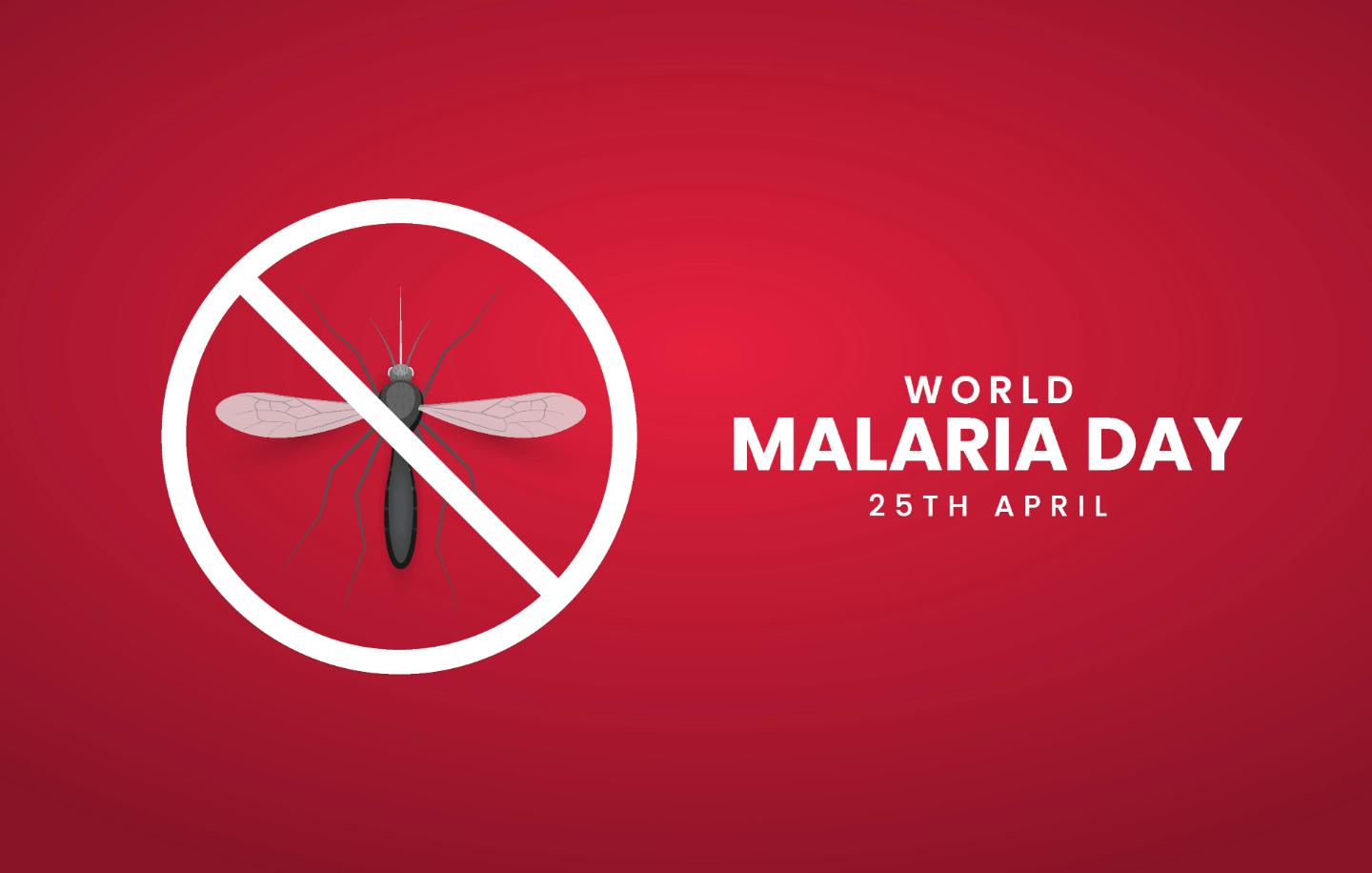Medical Devices
Breaking Myths About Malaria: What You Should Know

Malaria is a common illness in many tropical countries, including India. While awareness is growing, many myths persist, leading to unsafe practices and misconceptions that make it harder to fight the Malaria effectively. World Malaria Day on April 25, 2025, is the correct time to bust some of these myths and amplify the facts.
According to the WHO, India accounted for 1.7% of global malaria cases and 1.2% of malaria deaths in 2020. However, between 2000 and 2020, India reduced malaria cases by more than half and malaria-related deaths by over two-thirds. While this is progress, continued awareness and preventive measures are crucial. [1]
Common Myths about Malaria you need to know
Myth: Malaria Only Occurs in Africa
Many assume malaria is only a problem in Africa, but it affects several regions, including India, where 95% of the population lives in malaria-endemic areas. About 80% of cases occur in tribal and hard-to-reach regions. Malaria is not limited by geography—it spreads through mosquito bites in warm, humid environments worldwide. [2]
Myth: You Can Get Malaria from another Person
Malaria is not contagious and does not spread through touch, air, or sharing food. The only way to contract malaria is through the bite of an infected mosquito. However, if a mosquito bites an infected person, it can spread malaria to others, emphasizing the need for mosquito control.
Myth: Malaria Can Be Cured with Home Remedies
Some believe that herbal drinks, papaya leaves, or bitter foods can cure malaria, but medical treatment is necessary. While some natural ingredients may support immunity, they do not eliminate the malaria parasite. Delaying proper treatment can worsen the infection and lead to complications.
Myth: Once You Have Malaria, You Are Immune for Life
Having malaria once does not grant lifetime immunity. Unlike chickenpox, malaria does not provide permanent protection. Since multiple malaria parasite species exist, a previous infection does not prevent future infections. Preventive measures remain essential even after recovery.
Myth: Only Mosquitoes in Dirty Places Spread Malaria
Malaria-spreading mosquitoes can breed in both clean and dirty water. Even stored water in homes, flowerpots, or tanks can be breeding grounds. Simple steps like covering water storage containers and using mosquito nets help reduce the risk.
Myth: Malaria Is Not a Serious Disease [3]
Some assume malaria is mild, like the flu, but severe cases can lead to organ failure and death. India has significantly reduced malaria deaths from 562 in 2014 to 72 in 2023, yet continued awareness is essential. Early diagnosis and treatment prevent complications and save lives.
Myth: The Malaria Vaccine Eliminates the Need for Other Prevention Methods
The malaria vaccine helps reduce risk but does not provide complete protection. Mosquito control measures like using repellents and nets and eliminating standing water remain necessary for effective prevention.
Myth: Malaria Only Happens During the Rainy Season
Malaria cases increase during monsoons due to more standing water, but the disease can occur year-round. Mosquitoes breed in stored water, making it crucial always to take precautions.
Myth: Eating Garlic or Herbal Remedies Prevents Malaria
While some natural ingredients may have mild mosquito-repelling properties, they are not foolproof. The best way to prevent malaria is by using mosquito repellents, sleeping under nets, and keeping surroundings free from stagnant water.
Myth: Malaria Can Be Treated Without a Doctor
Delaying medical treatment and relying on home remedies is dangerous. Proper diagnosis and treatment by a doctor ensure complete recovery and prevent complications. If you have fever, chills, or other symptoms, seek medical help immediately.
MERISCREEN Malaria Diagnostic Kits by Meril
MERISCREEN Malaria Pf/Pan Ag
This quick malaria test helps detect malaria infections caused by different types of malaria parasites, including Plasmodium falciparum. It identifies specific proteins (HRP2 and pLDH) in the blood using a simple testing method. A tiny blood sample (5µL) can tell within 20 to 30 minutes whether the infection is from P. falciparum or other malaria-causing parasites like P. vivax, P. malariae, or P. ovale.
MERISCREEN Malaria Pf/Pv Ag
This easy-to-use test kit detects malaria caused by Plasmodium falciparum and Plasmodium vivax. It identifies key enzymes (HRP II and pLDH) in the blood during the infection stage. The test provides reliable results in just 20 to 30 minutes, making malaria detection and treatment faster and more efficient.
MERISCREEN Malaria Pf HRP-II Ag
This test is a quick and easy way to check for malaria caused by Plasmodium falciparum, one of the most dangerous malaria parasites. It detects a specific protein (HRP-II) in the blood, helping doctors diagnose the infection early. Using just a tiny blood sample, the test provides precise results within 20 to 30 minutes, making it a reliable tool for fast malaria detection and timely treatment.
Conclusion
Malaria is a severe disease, and it is essential to dissolve these myths in order to reduce risk. This World Malaria Day let's spread awareness and ensure people know the facts. Protect yourself and your family by taking the proper precautions and seeking medical help. Together, we can fight malaria and keep our communities safe.
References
[1] https://www.who.int/india/health-topics/malaria/summary-of-world-malaria-report-2021#:~:text=In%202020%2C%2029,essential%20health%20services.
[2] https://ncvbdc.mohfw.gov.in/index4.php?lang=1&level=0&linkid=420&lid=3699#:~:text=Malaria%20is%20a,of%20Pf%20cases.
[3] https://www.severemalaria.org/countries/india-0#:~:text=Malaria%20in%20India%20is%20characterized,lives%20in%20the%20country.%20%5B6%5D





